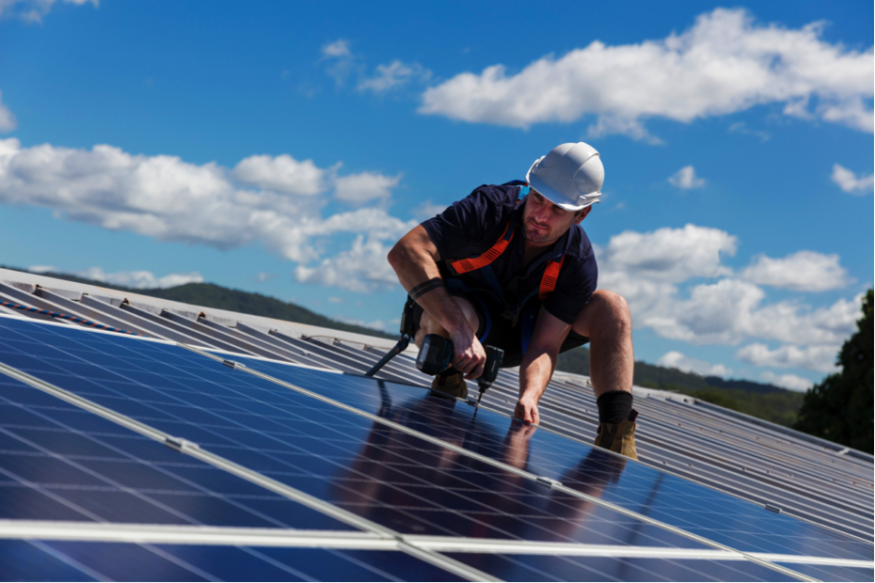
Over the last few years, Australia has taken massive strides toward becoming a country that stands for sustainability by embracing solar energy. Back in September, the Clean Energy Regulator (CER) for Australia proudly announced that the country was guaranteed to hit its large-scale 2020 renewable energy target (RET), thanks to a rise in the number of approved renewable energy projects.
And it's not just government bodies making solar and renewable investments, everyday Australians are also playing their part in building a greener future by making investments of their own.
Small-scale renewable energy scheme
According to a report by Clean Energy Australia, over 58,000 solar panels were installed in 2018 with one in five homes now powering their homes through solar. These homes are also reportedly saving around $540 (AUD) on their energy bills every year, suggesting that for many Australians, going solar is also a matter of saving a few dollars.
To support this growth and encourage more Australians to embrace solar energy, the Australian government launched a small-scale renewable energy scheme. Since solar panels can cost a pretty penny, the scheme provides a financial incentive for households and small businesses who choose to install solar panels or a solar hot water system by reducing the upfront installation cost.
The size of the incentive depends on the person's state of residence and the type of system that's installed, however the rebates can reach up to the thousands and shave a bundle off the total installation cost.
Solar bins
In Australia, harnessing solar power goes beyond rooftops and appears in places you'd least expect it. Solar garbage bins are one of the country's latest solar innovation that combines the power of solar power with efficient waste management. These gadgets soak up the sun's rays to charge a battery - once the bin starts to fill, it compresses the garbage to create more storage space.
The result? Fewer trips are required to collect the garbage, resulting in lower carbon emissions.
Reduction of single-use plastics
Single-use plastic bags were also axed in 2018 to reduce single-use plastic waste and energy usage, leading many Australians to shift their focus toward reusables and environmentally friendly household items, like takeaway coffee cups and straws. This idea has also trickled down through to a number of cafe and restaurant owners who reward Australians with discounts on their coffee if they bring their own takeaway cup.
New breed of energy companies
Over the last few years, high energy prices and deregulation have paved the way for new solar and renewable energy retailers to enter the market. In fact, according to Mozo data, between 2018 and 2019, Australia welcomed 11 new energy retailers to the market.
Emerging renewable energy retailers like DC Power Co, Amber Electric and nectr encourage Australians to embrace solar power for their homes through more transparent services and fairer prices.
Plus with a focus on using technology these retailers are all about innovation, providing customers with things like apps that help to track energy usage through to power banks.
100% renewable cities
Australia's most popular tourist destination, Sydney, is set to kick things up a notch with a brand new renewable energy initiative. By 2020 the local government has vowed to only purchase 100% renewable energy to power city-owned places, such as libraries and pools, upping its RET from 50% to 100%, while offsetting carbon emissions from smaller sites.
So if you're planning on heading down under in the future, be sure to check out some of the 'greenest' sites Australia has to offer!
© 2026 NatureWorldNews.com All rights reserved. Do not reproduce without permission.





